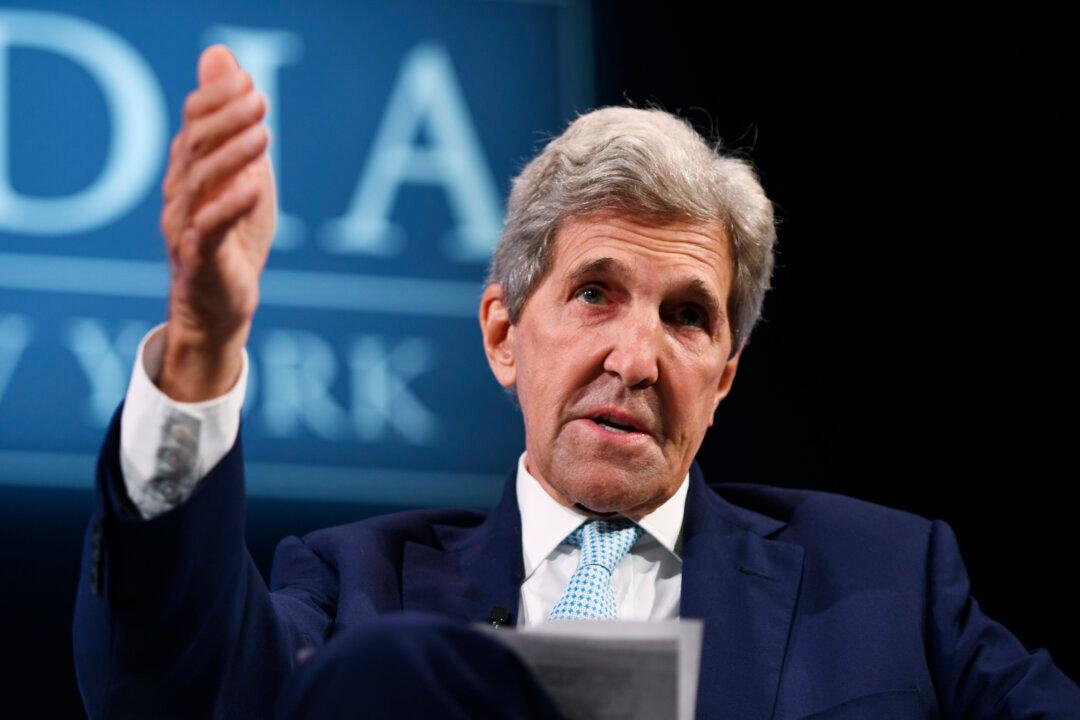Commentary
U.S. “Climate Czar” John Kerry has a long history of supporting communist states, including the Chinese Communist Party (CCP).

U.S. “Climate Czar” John Kerry has a long history of supporting communist states, including the Chinese Communist Party (CCP).